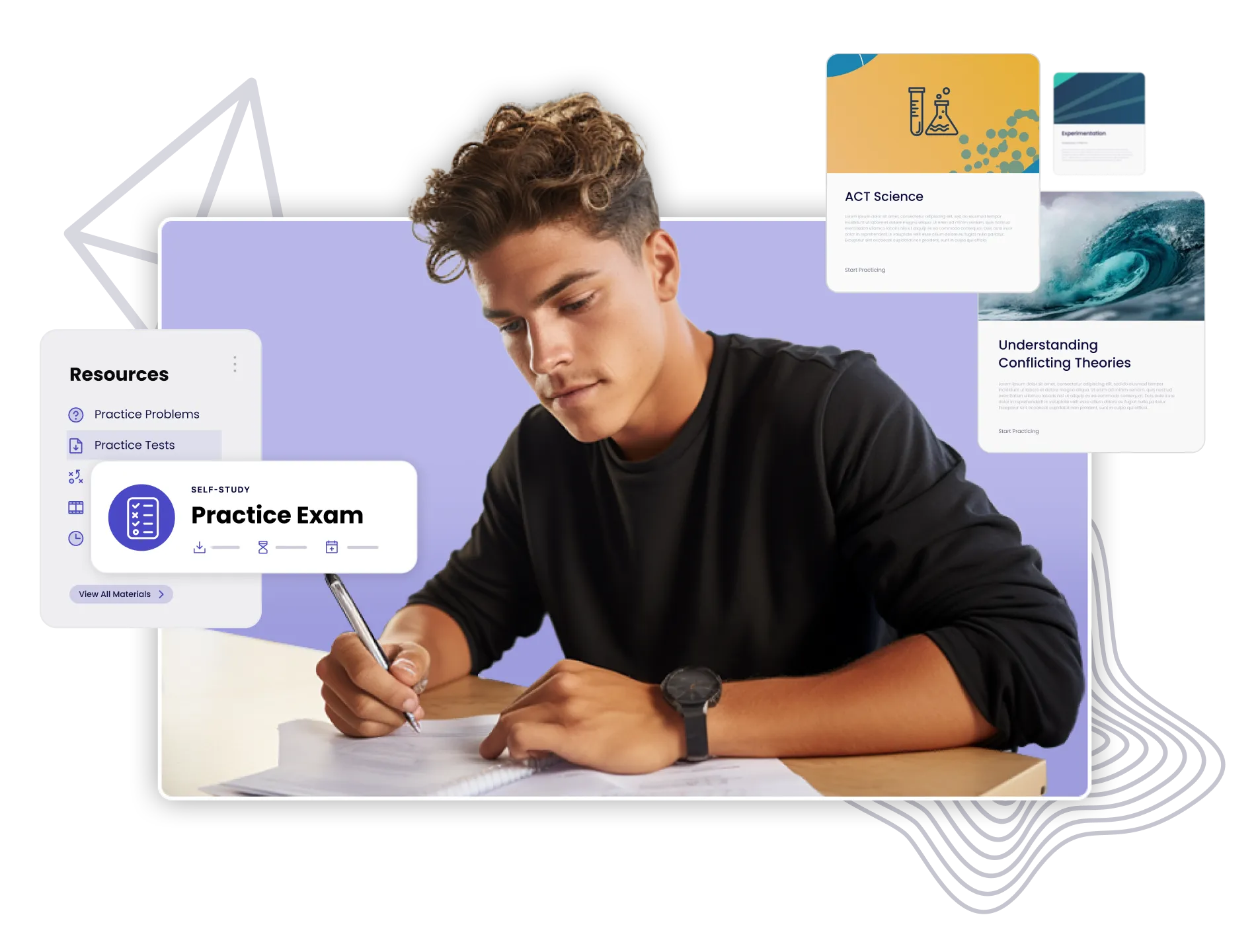What is Flow State (and How Can It Help You in School or the Workplace)?

You may notice the term “flow state” frequently mentioned in blogs and on radio shows, but what does it really mean? This relatively recent discovery has aroused the interest of business owners, students, and others who want to increase their chances of success. Flow state refers to a psychological state in which a person is totally concentrated on and dedicated to the activity at hand.
As a student or professional, it can be beneficial to understand how flow state can help promote success in your daily life. Keep reading to understand what flow state is and how it can help you in school or the workplace.
What is flow state?
The term “flow state” was popularized by psychologist Mihály Csíkszentmihályi. Perhaps you’ve heard people talk about being “in the zone,” an expression that denotes the high degree of concentration associated with flow state. Some of the characteristics of flow state include losing track of time, as well as a sense of effortlessness and ease. Essentially, while in flow state, you’ll find yourself intently focused on the task at hand, unperturbed by any outside distractions. You’ll also find the experience rewarding.
How can flow state help me in my daily life?
When we enter flow state, we tend to be much more productive than usual. For instance, professional athletes are often in flow state when they break records and win Olympic medals. Students who earn top scores on their exams may have found themselves in flow state too.
However, you don’t have to be a consistent top-tier performer to enjoy the benefits of flow state. Flow state is a frame of mind that anyone can activate if they take the right measures. If you know how to get into flow state and do so regularly, you can greatly increase your productivity at school, home, and work.

What can I do to achieve flow state?
Flow state can have many benefits for your academic, personal, or professional life. There are a number of ways you can go about achieving flow state, such as:
- Choose an activity that aligns with your interests or skills. Flow state is typically experienced by people who participate in activities they find gratifying and the right amount of challenging—neither too easy, nor too hard. Not surprisingly, it’s usually the activities we enjoy or are good at that we find the most fulfilling. If you want to achieve flow state, engage in activities that meet these standards or seek out a totally new one.
- Set goals. Before undertaking any task, you should have a solid idea of what you hope to achieve. Starting an activity without having a goal is akin to wandering through the forest without a map. Since goals give tasks structure and purpose, goal setting is key to achieving flow state. Another benefit to setting goals is the satisfaction that comes with reaching them and the motivation to push oneself even more.
- Get rid of distractions. Flow state occurs when one focuses completely on a single task, so aim to create a distraction-free environment. Since cell phones can be the biggest distraction of all, be sure to turn yours off or to leave it elsewhere on silent mode. If you’re someone who likes to constantly keep track of the time, it may be helpful to cover or remove clocks from your work area. If it’s possible, close your door at work or put up a do not disturb sign to let others know you need privacy.
- Get comfortable. Physical factors play a huge role in determining one’s comfort level. Room temperature, lighting, and even the clothing you wear can make the difference between being anxious and being at ease. Nobody knows your preferences like you, so bear them in mind as you choose or set up your work area. Finally, pour yourself a suitable drink—whether it be an energizing cup of coffee or a relaxing cup of tea.
[RELATED: 4 Tactics for Landing Your Dream Job]
Everyone is capable of reaching flow state. By taking steps to achieve this state of mind, you can strengthen your school or work output and genuinely enjoy the process.
Any topics you want to know more about? Let us know! The Varsity Tutors Blog editors love hearing your feedback and opinions. Feel free to email us at blog@varsitytutors.com.

